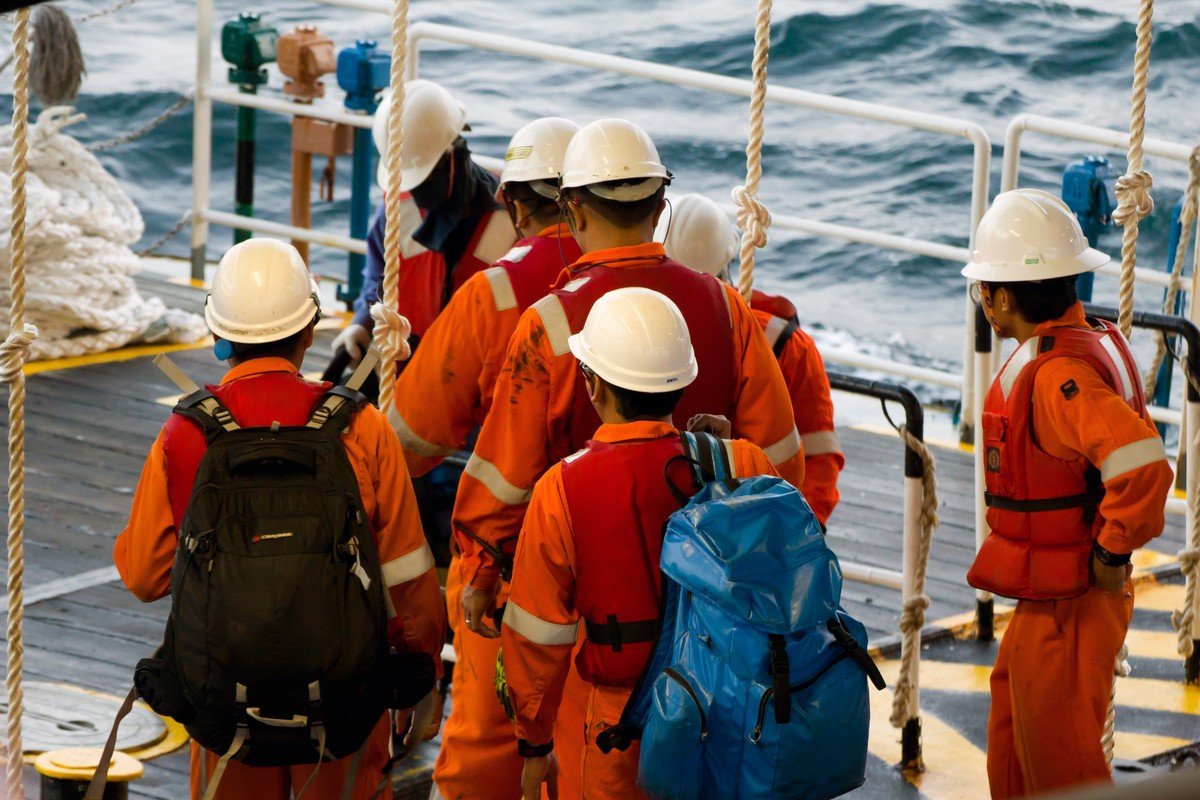
Blog
What You Should Know Before Becoming a Maritime Worker
Posted in Maritime, Maritime Injury
Many men and women feel the call of the sea and wonder how to join the industries of ocean shipping, research, exploration, mineral mining, or oil drilling. Understanding the realities of the lifestyle changes, physical dangers, and the rigorous maritime job requirements will help you chart a course to a career at sea.
The Reality of Maritime Careers
There is much to consider before you go down to the docks and ask for a job. There are some very specific requirements you must meet to work on an ocean vessel or platform, and specialized training is needed for many positions. Consider these factors as you embark on this career path:
- No matter your level of experience on dry land, you will be considered “green” for at least a year, by your fellow crew-members, until you learn the ropes and gain experience.
- You will need to obtain a Transportation Worker Identification Card (TWIC) and there may be other certificates required for maritime jobs based on the job requirements, including a Merchant Mariner Document (MMD), Basic Safety Training (BST), and possible medical and drug screenings.
- Obtaining the required certificates will involve FBI and Homeland Security background checks of immigration status, criminal history, and terrorist watch lists.
- You may need to attend the Merchant Marine Academy to become an officer, which requires a robust application package, including a nomination from a U.S. senator or representative.
- Many maritime jobs come with a high risk of physical injury, and the laws regarding maintenance and cure for maritime workers are different from those that protect workers on land.
Getting Your Sea-Legs
Most of these requirements for certification and on-board training have the safety and security of the crew and vessel as their motivation. There are specific laws that protect injured maritime workers, including the Jones Act, which specifies how lawsuits for injuries at sea are handled. Due to incidents that occur in international waters, these claims and cases are often managed by maritime accident attorneys who seek full maintenance and cure for those injured at sea.
Embarking on a maritime career can be a fulfilling and rewarding course for those who understand and meet the rigorous demands of the work. If you have legal questions about injuries or job discrimination in your work at sea, contact us for a free consultation and guidance on getting back to the career of your dreams.














